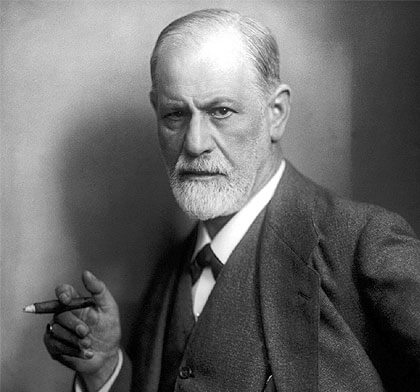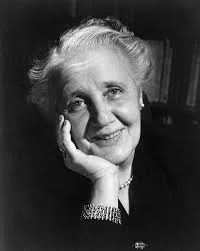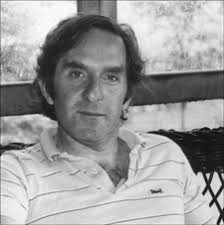Insight-oriented Therapy
Is a form of treatment that helps people through understanding and expressing feelings, motivations, beliefs, fears and desires. The understanding develops in the context of a therapeutic relationship. Insight-oriented psychotherapy developed from psychoanalysis, a form of therapy first established by Sigmund Freud. Central concepts include the belief that psychiatric symptoms and patterns of behavior, are partially determined by unconscious forces related to a clients early life experience. Insight-oriented psychotherapy, as practiced today is quite different from the image of the client lying on a couch with the silent analyst in the background, working with classical drive theory. We are influenced mainly by more contemporary models of object relations and self-psychology, which stress the importance of both early and current relationships in mental health.
How Does It Work?
The therapist and the client meet face to face. The client is instructed to speak as freely as possible, saying whatever comes to mind. Our task is to listen in an empathic way, paying attention to the feeling component of the material including any discomfort or anxiety that the client experiences. We look for patterns in the client's material that suggest recurrent conflicts that the client may be unaware of. We comment on what the client says and asks questions in order to further the client's self-understanding. In asking questions we help the client to become aware of fears and expectations that he/she may not have been previously consciously aware of.
How Effective Is It?
Insight-oriented psychotherapy can be effective for many clinical conditions including mood disorders, anxiety disorders, substance abuse disorders, eating disorders, sexual dysfunctions, adjustment disorders and some personality disorders. As well it can provide a beneficial approach for people experiencing relational, family or academic problems. To read more about the effectiveness of insight-oriented therapy please review Dr. Jonathan Shedler, University of Colorado Denver School of Medicine article
Suitability For Insight-oriented Psychotherapy
Insight-oriented psychotherapy can be extremely challenging for clients. People often feel quite anxious when given the opportunity to say anything that comes to mind. It can be distressing for a person to reveal thoughts and feelings that he or she may experience as embarrassing or shameful. We are sensitive to the fact that clients may experience strong and sometimes disturbing feelings, as well as painful memories in the course of therapy. Clients may also experience a variety of feelings about me, both positive and negative. Talking about these feelings with me can be challenging and difficult, but it can ultimately be very rewarding.
Prior to starting insight-oriented psychotherapy, we thoroughly assess the client for diagnosis and suitability for this type of therapy. We develop an initial understanding of the client that will help guide therapy. We use an expressive-supportive continuum of interventions. We also vary the emphasis on providing support versus insight, depending on the need of a particular client and on the needs of each client at a particular time. Sometimes as a result of the assessment, we will discuss the benefits of combining medication with psychotherapy.
-Adapted from the University of Toronto Counselling and Psychological Services




